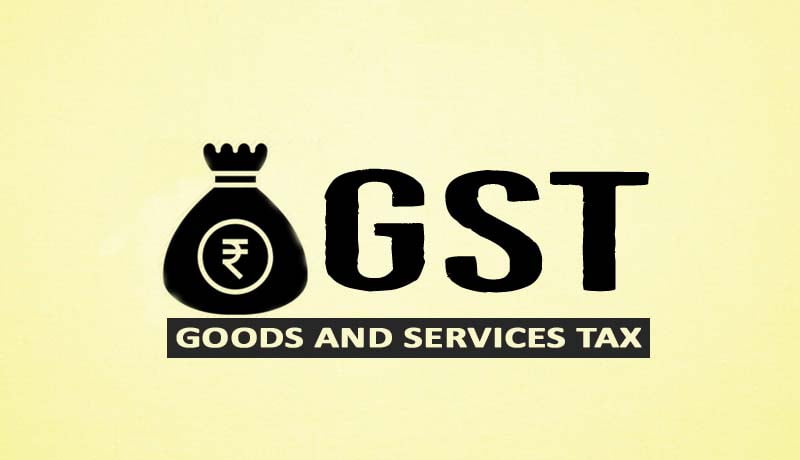GST: Proposed Amendments to be passed with Retrospective Effect

The upcoming monsoon session of the Parliament is all set to pass the proposed amendments in the GST Laws with retrospective effect to deny transitional credit to taxpayers against cesses levied in the earlier indirect tax regime, said a LiveMint report.
The amendment seeks to explicitly exclude cesses levied in a pre-GST regime from allowable transitional credit that can be claimed by companies.
Under the transitional credit provision, companies were allowed to claim the tax credit against levies such as value added tax and service tax on stock purchased before implementation of GST for a limited period.
According to the report, many companies availed the transitional credit facility seeking input tax credit also for cesses such as the Krishi Kalyan cess paid in the pre-GST regime through the TRAN-1 form. The central government, however, doesn’t want to give credit against the cesses.
Reportedly, the amendments to the GST will be tabled in the monsoon session that begins from July 18.
“Excluding cesses from transitional credit will be the only amendment that will be retrospective as the transitional claims have already been filed through the TRAN-1 form. None of the other amendments proposed to the GST laws are retrospective,” a government official, who did not want to be named, told Mint.
Under the new tax regime, the businesses are allowed to claim credit for central taxes (excise and service tax) paid on the stock bought in the pre-GST regime but sold after July 1, when GST came into existence. However, shockingly, nearly 9.5 lakh assessees have claimed a massive Rs 1.6 lakh crore as such credits till the December 27 deadline. Stunned by the lower revenue numbers from the GST during the initial months, the government has decided to probe on “unusually high” claims.
Following this, the GST department has issued notices and asked the taxpayers to produce documents for detailed verification of transitional credits claimed. Earlier, the department had identified around 50,000 taxpayers assessees in terms of the claims for further analysis.
Source : http://www.taxscan.in/gst-amendment-retrospective-effect/26020/

